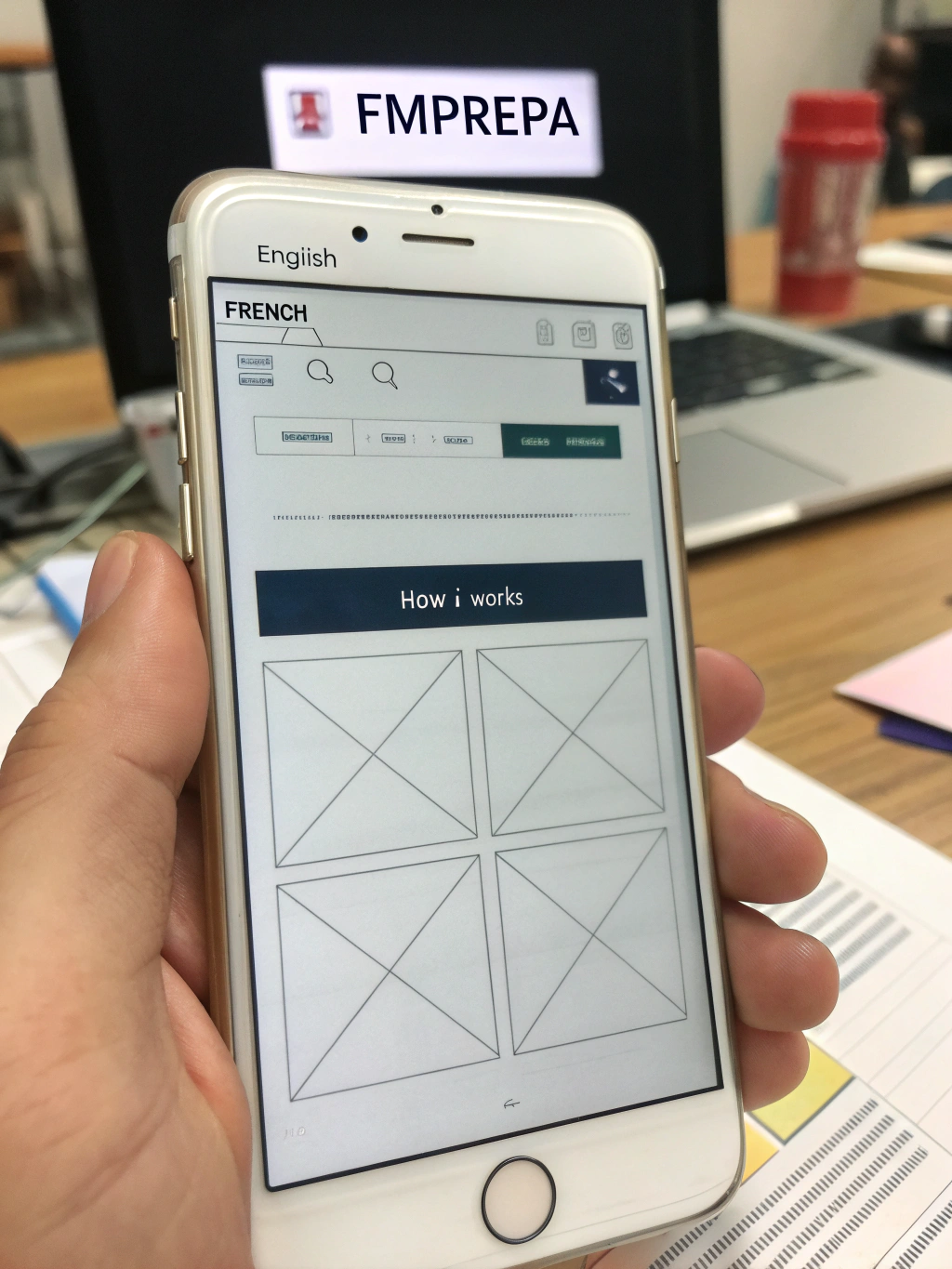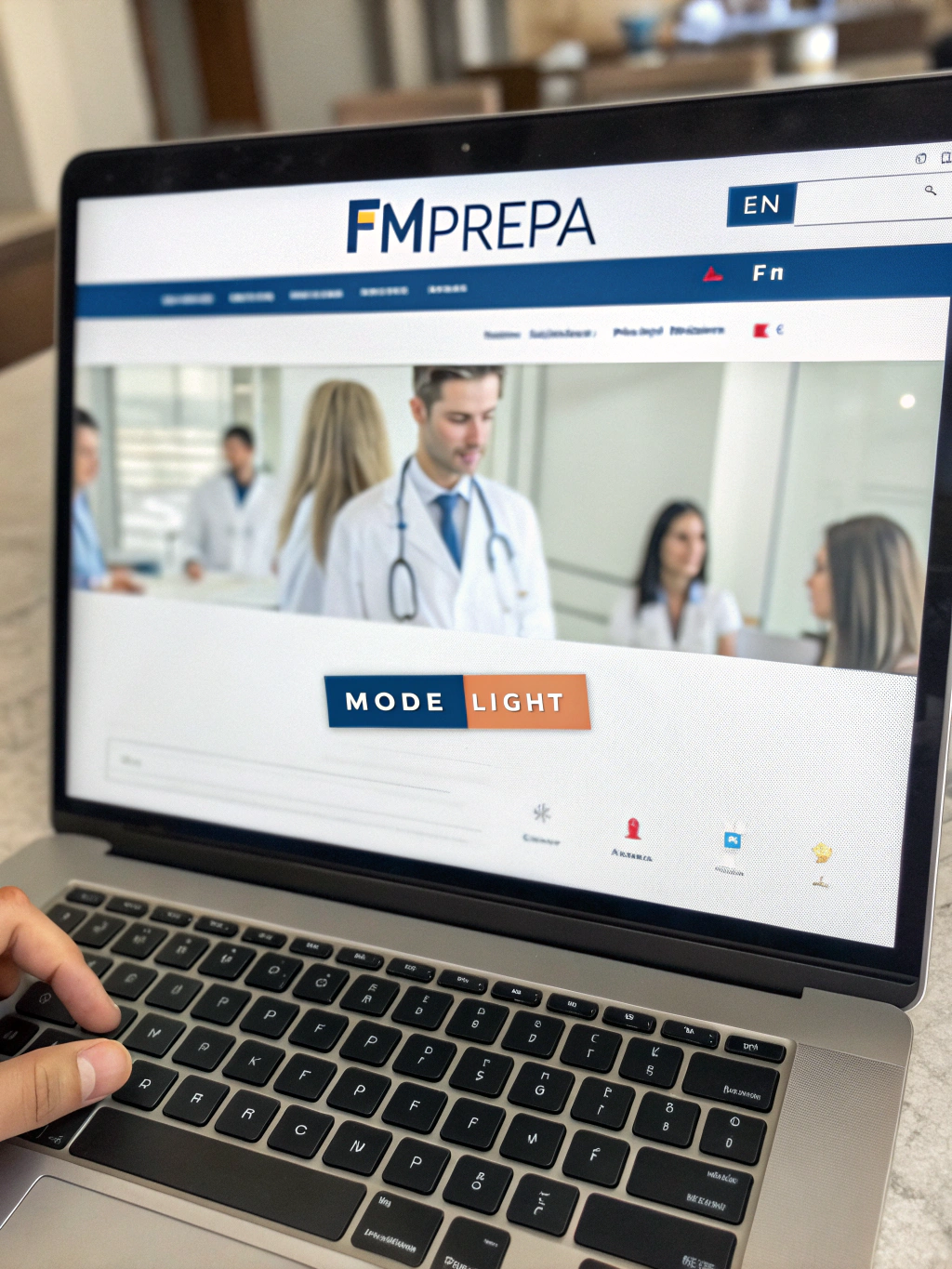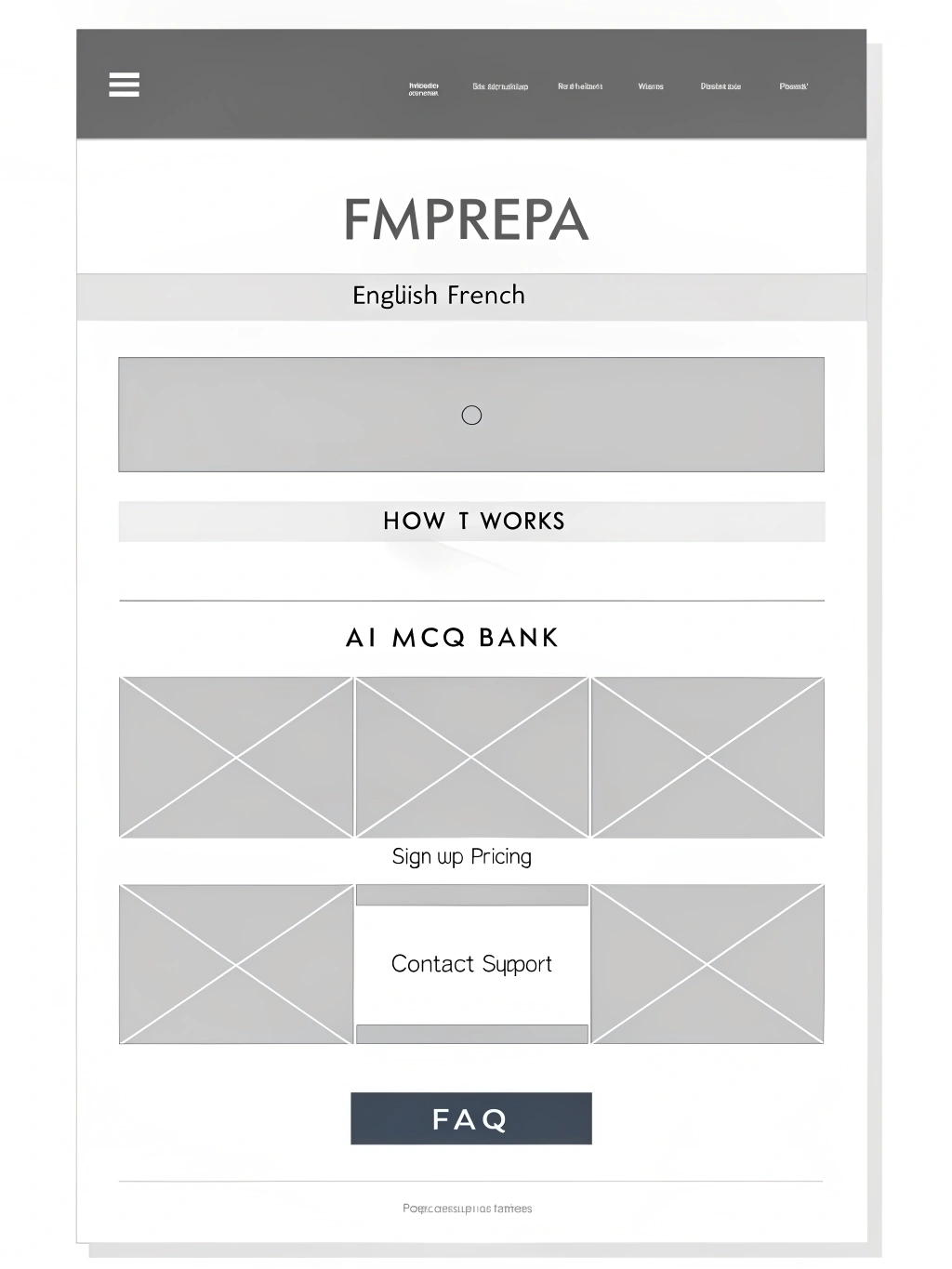The Future of AI in Medical Education
Artificial Intelligence is revolutionizing medical education, offering personalized learning experiences and adaptive content delivery that was previously impossible. From virtual patients to intelligent tutoring systems, AI is transforming how future healthcare professionals learn and develop their skills.
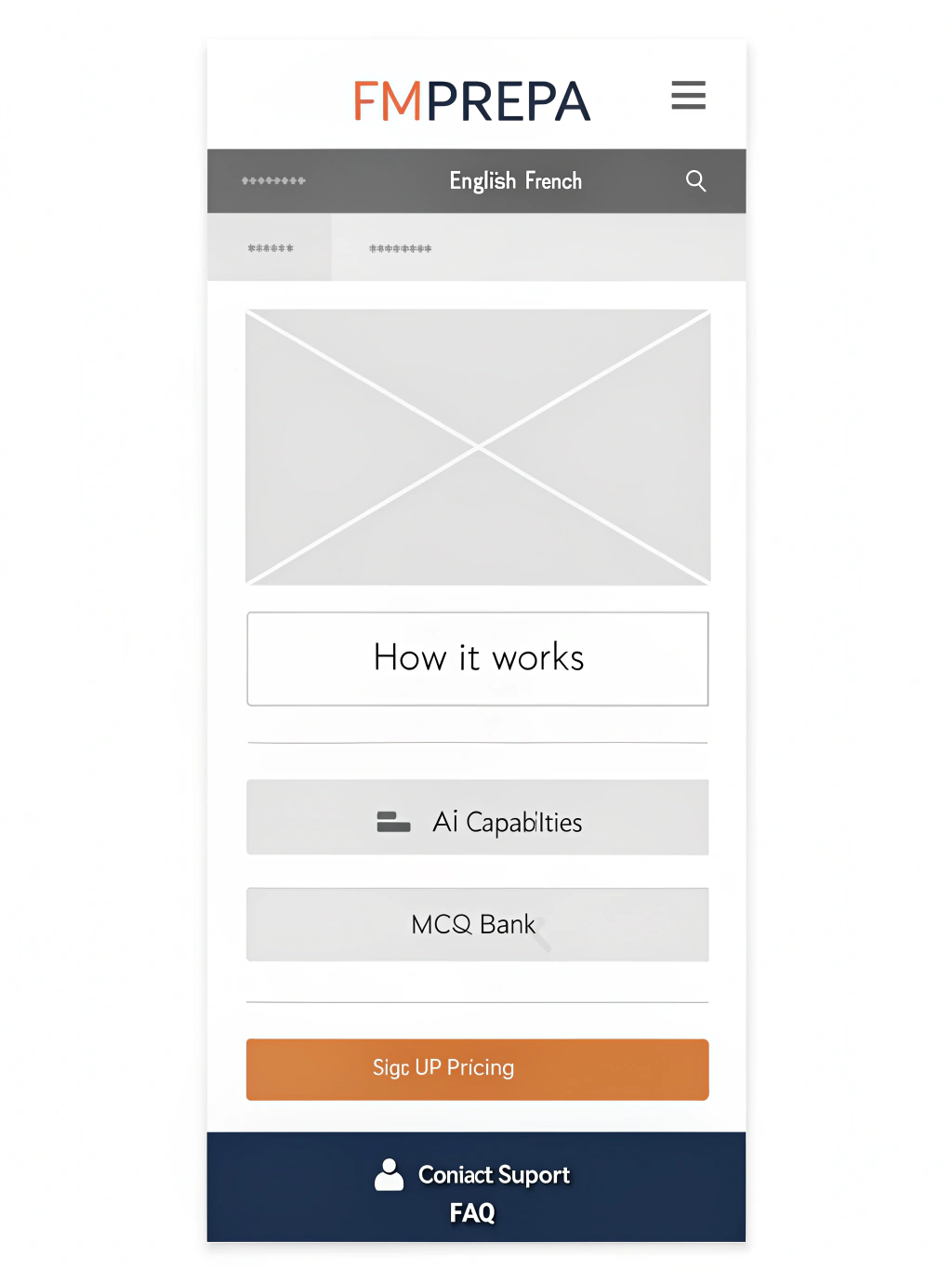
AI-powered learning platforms adapt to each student's unique learning style and pace
The Current State of Medical Education
Traditional medical education has long relied on standardized curricula and one-size-fits-all approaches. While effective for some, this method fails to address individual learning styles and needs. Students often struggle with:
- Information overload from vast medical curricula
- Limited personalization in learning approaches
- Inconsistent feedback on clinical reasoning
- Difficulty in tracking progress across multiple subjects
Did You Know?
Medical students typically need to memorize over 10,000 concepts and terms during their education. AI-powered systems can help organize this information in personalized, digestible chunks.
How AI is Transforming Learning
AI-powered platforms can now analyze student performance in real-time, identifying knowledge gaps and adjusting content difficulty accordingly. This creates a truly personalized learning experience that evolves with the student.
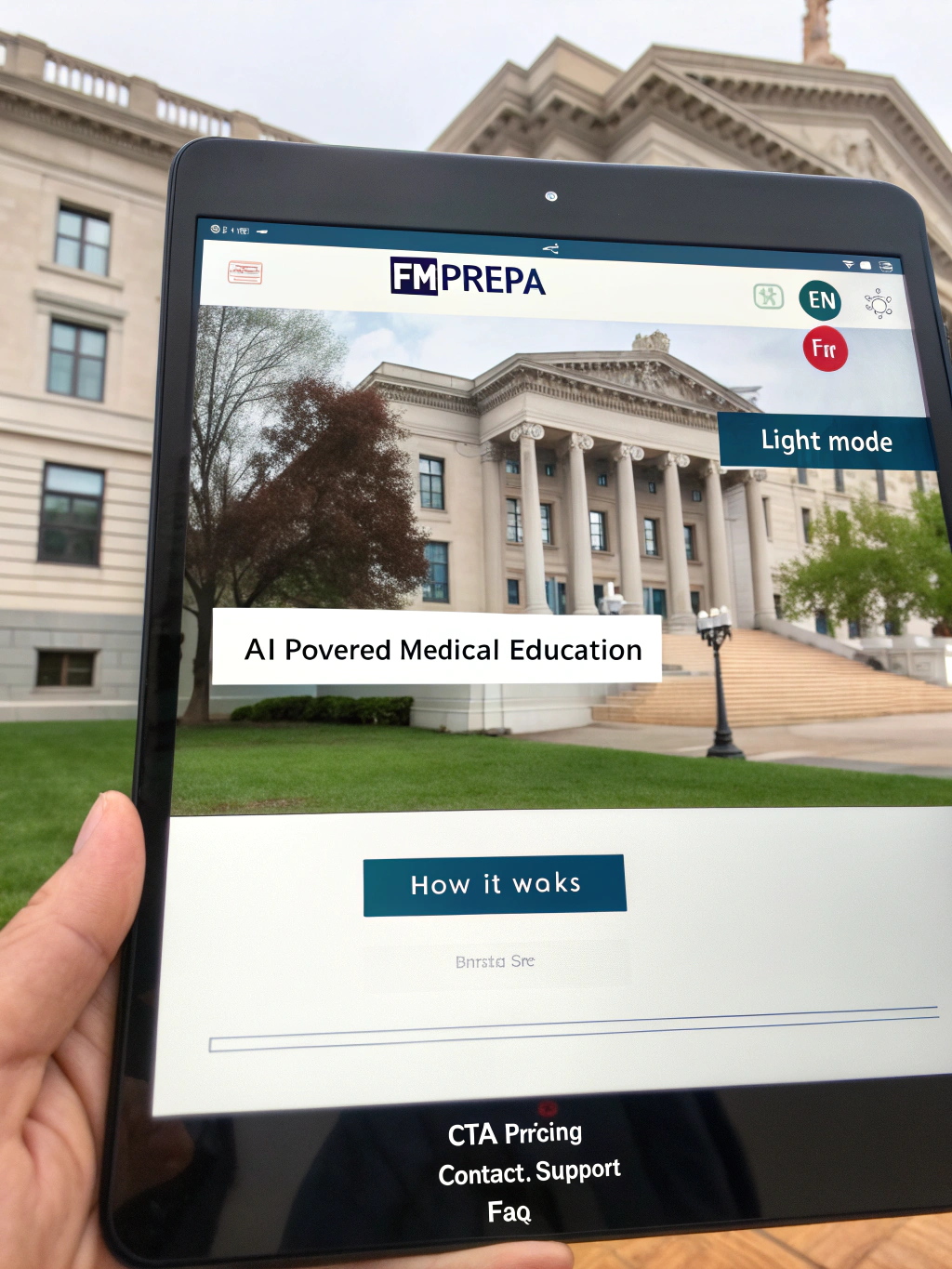
Advanced analytics help identify learning patterns and optimize study strategies
Key AI Technologies in Medical Education
Natural Language Processing
Enables intelligent question-answering and clinical case analysis
Machine Learning
Predicts student performance and recommends personalized study paths
Computer Vision
Assists in anatomy learning and medical imaging interpretation
Adaptive Learning
Adjusts difficulty and content based on student performance
Key Benefits of AI in Medical Education
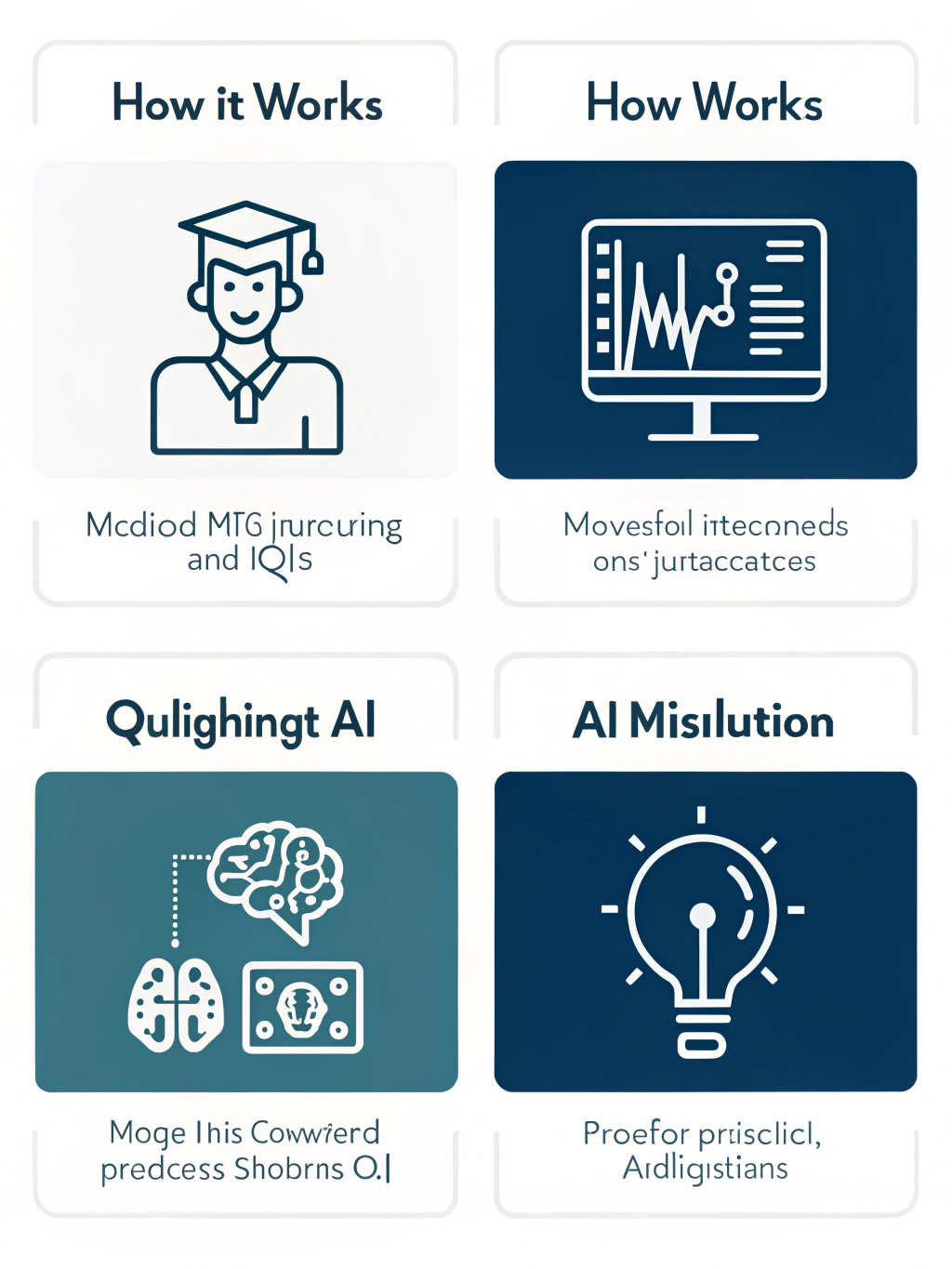
AI enables personalized learning paths and real-time feedback
-
Personalized Learning Paths
AI algorithms analyze individual performance patterns to create customized study plans that adapt to each student's strengths and weaknesses.
-
Real-time Feedback and Assessment
Immediate, detailed feedback on clinical reasoning and decision-making helps students understand and learn from their mistakes quickly.
-
Adaptive Content Difficulty
Content difficulty automatically adjusts based on student performance, ensuring optimal challenge levels for effective learning.
-
Enhanced Engagement
Interactive learning experiences with virtual patients and simulated scenarios maintain student interest and improve retention.
Expert Insight
"AI in medical education isn't just about automation – it's about augmentation. We're enhancing the learning experience by providing personalized guidance at scale, something that was impossible with traditional methods."
- Dr. James Chen, Director of Medical Education Innovation
Looking Ahead: The Future of AI in Medical Education
As AI technology continues to evolve, we can expect even more sophisticated learning tools that combine machine learning with cognitive science to optimize medical education. Some exciting developments on the horizon include:
- Advanced virtual patient simulations with natural language interaction
- Real-time translation of medical content for international students
- Predictive analytics for identifying students at risk of falling behind
- Integration with AR/VR for immersive anatomical learning
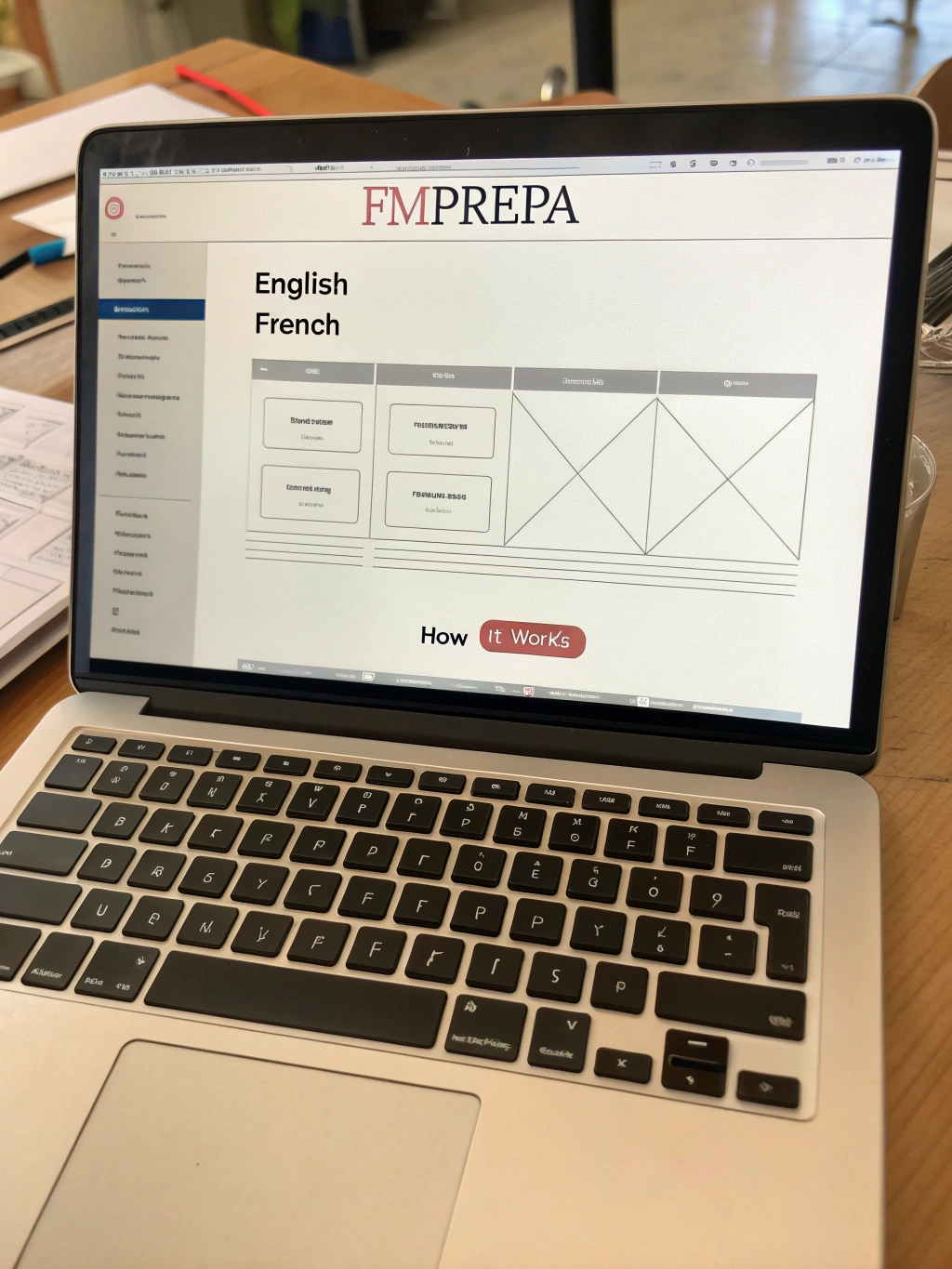
The future of medical education combines AI with immersive technologies
Conclusion
The integration of AI in medical education represents a fundamental shift in how we train healthcare professionals. By providing personalized, adaptive learning experiences, AI is helping create more competent and confident medical practitioners. As technology continues to advance, the possibilities for AI in medical education are boundless.
Contribute to This Article
We welcome contributions from medical professionals and educators. If you have insights to share or notice any inaccuracies, please let us know.
Submit Feedback